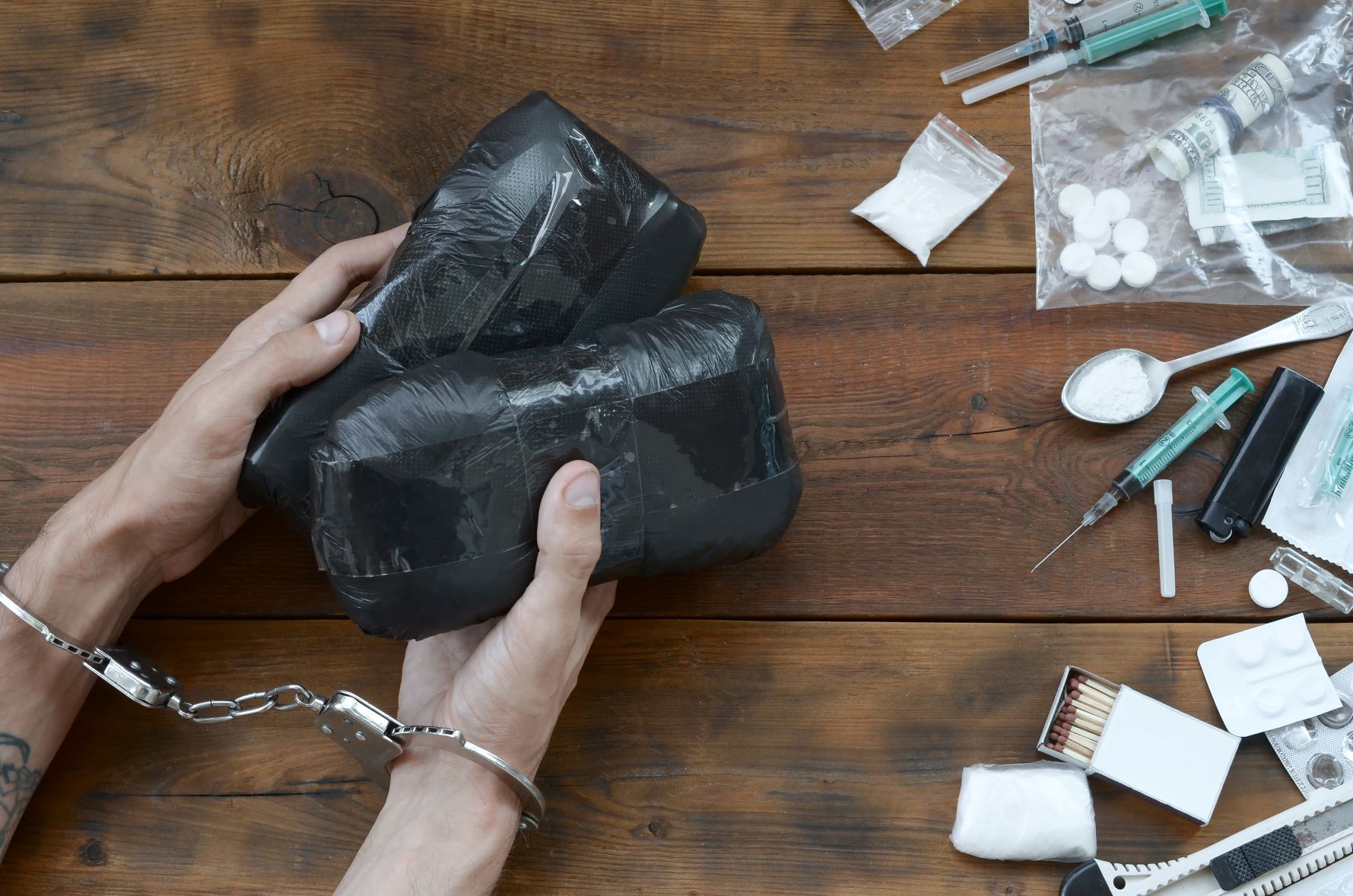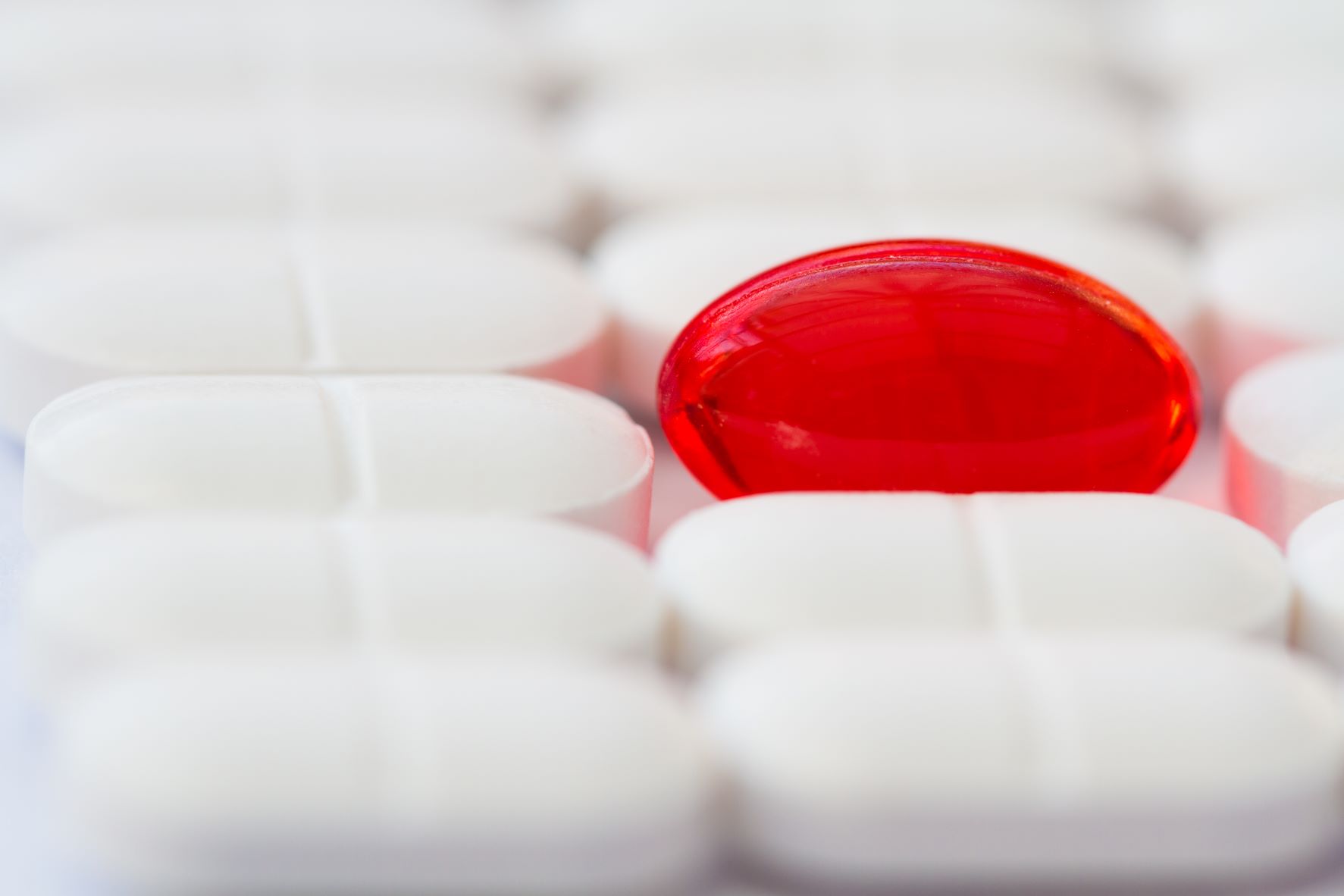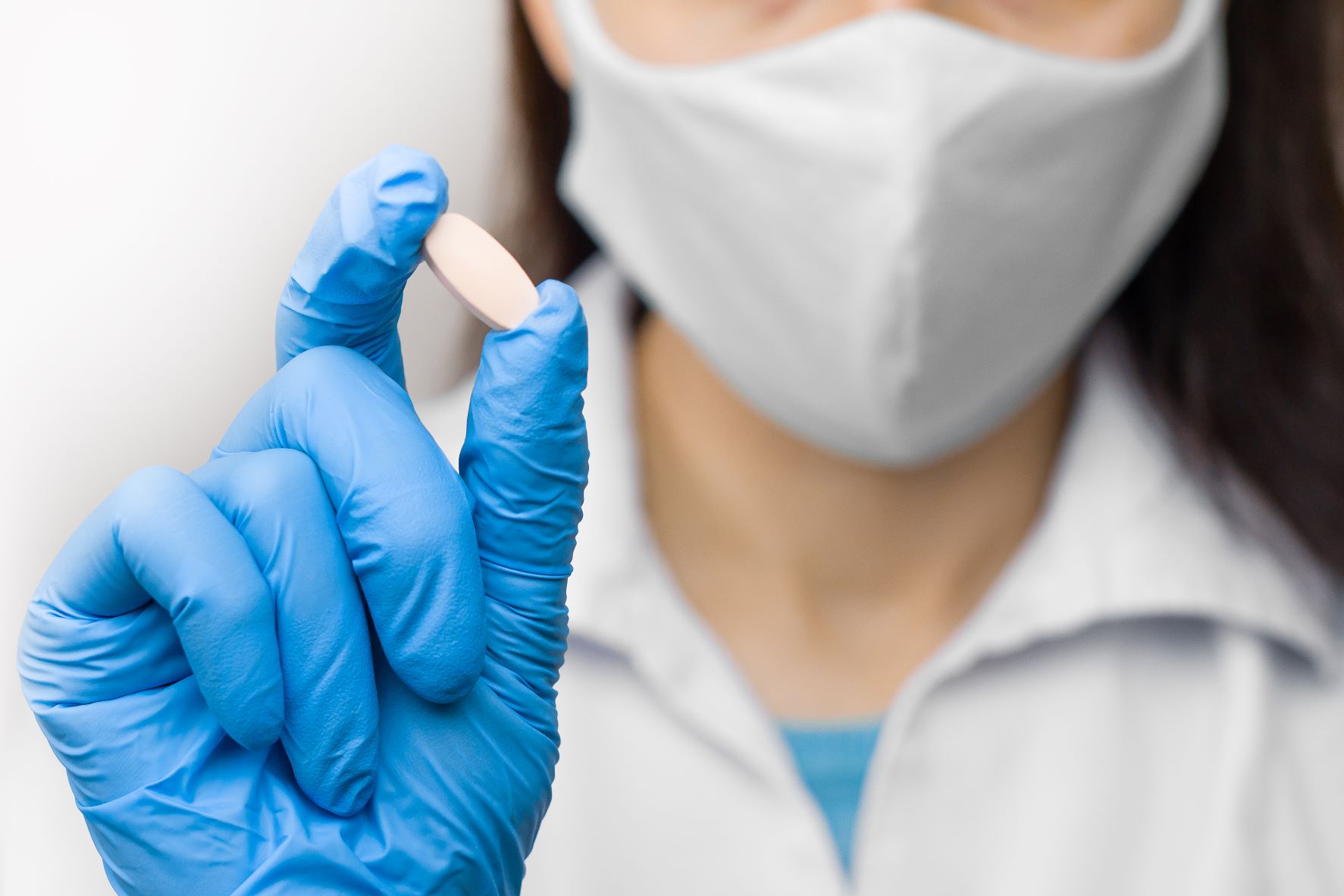Why Do People Get Addicted to Drugs?
Addiction is a brain disease. The brain gets used and it is difficult to quit using certain drugs without medical or psychological intervention. Addiction is also a relapsing disease, with symptoms recurring on and off. Drugs are addictive because they make the brain produce a large amount of dopamine. There are three main reasons why people become addicted to drugs, but only one of these causes is a cure.
Dopamine
Dopamine is the chemical responsible for the pleasure we get from drugs. It contributes to our enjoyment of pleasure and reinforces pleasurable behavior. Dopamine addiction can lead to both mental and physical dependence. This can lead to addiction to drugs such as alcohol, cigarettes, or other recreational drugs. Tolerance is a neurotransmitter that prevents us from experiencing the benefits of certain substances.

To overcome addiction to dopamine, professional help is necessary. Psychotherapy can help rebalance dopamine levels by altering brain structure. Psychotherapy can also stabilize dopamine availability and transmissions. Counseling can help patients understand their mental health and prevent or treat substance abuse disorders. It is important to note that no self-help manual is a substitute for professional medical advice. This article is intended to inform readers of the science of addiction.
Brain chemistry
We don’t know enough about the neurophysiological mechanisms that lead to addiction. The chemical substances responsible for the transient feelings of pleasure are as old as the human race. These substances can lead to dependence once they are abused. The United States spends more than 600 billion dollars annually on addiction. Scientists are still not sure what causes addiction. However, some research suggests that brain chemical changes may be to blame. Understanding the neurochemical processes involved will help us understand why people become addicted to drugs.
Addiction is built on the reward pathway. It starts in the ventral-tegmental area (midbrain), which evolved approximately 500 million years ago with vertebrates. Dopamine neurons emerge in the ventral tegmental area and connect to the limbic system. The pathway continues to the nucleus, which is the hub for signals coming from the limbic system. The addiction pathway is a complex network of pathways that control a person’s behavior.
Environmental factors
The social environment is one of the most important environmental factors that can lead to drug addiction. Most people do not ask to use drugs for the first time, but peer influence can change perspectives and make substance abuse acceptable. To reduce your exposure to drug use, avoid areas where people are using drugs and create a strategy for saying “no.” To prevent others from becoming addicted, you might even consider teaching them about drug use. You can’t eliminate the possibility of becoming addicted to drugs.
It is important to realize that environmental factors may not account for the full range of causes of addiction. In addition to genetics, environmental factors can also play a major role. Although they can’t eliminate all causes of addiction, they can help to minimize the negative effects they have on your recovery. You can identify environmental triggers and learn how to avoid them. This will give you more control over your recovery. Using the same methods as the scientific community, you can reduce your exposure to these factors and improve your chances of achieving long-term recovery.
Addiction is a relapsing illness
Chronic relapsing diseases is when an addict relapses repeatedly after receiving treatment for their addiction. This disease is a chronic one, which means it requires more time to control than a short treatment program. It is important that people who are trying stop using drugs seek co-occurring treatments for both mental illness or addiction. Here are some common co-occurring conditions that can affect addiction treatment.
Addiction is a relapsing illness so it is important to take steps to recover every day. Even if a person has completed a rehab program the likelihood of relapse is high. To avoid falling back into the same cycle, it is important that people remain involved in their own recovery. Relapse prevention is difficult, but if a person is willing and able to work hard, they can succeed.


